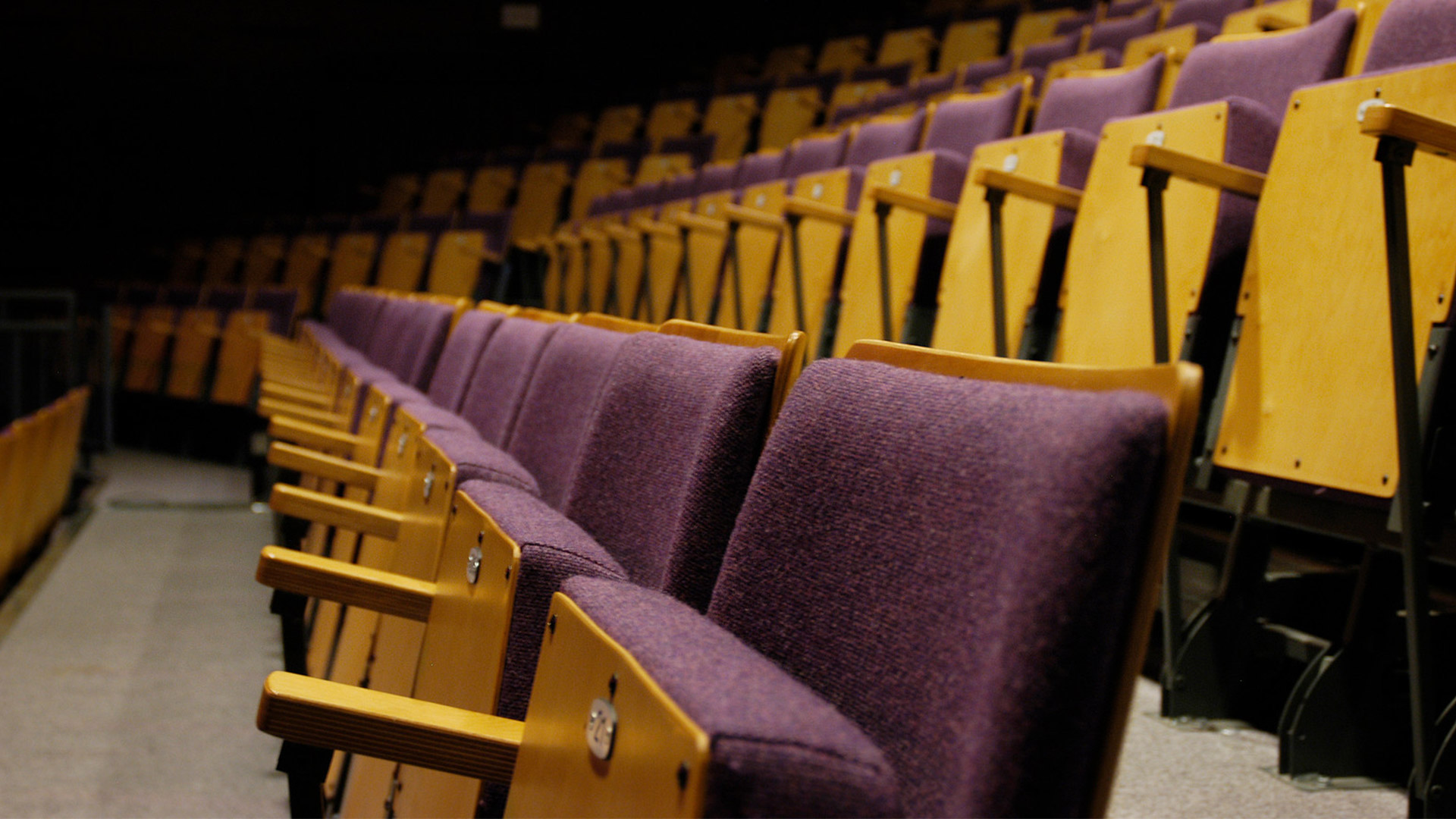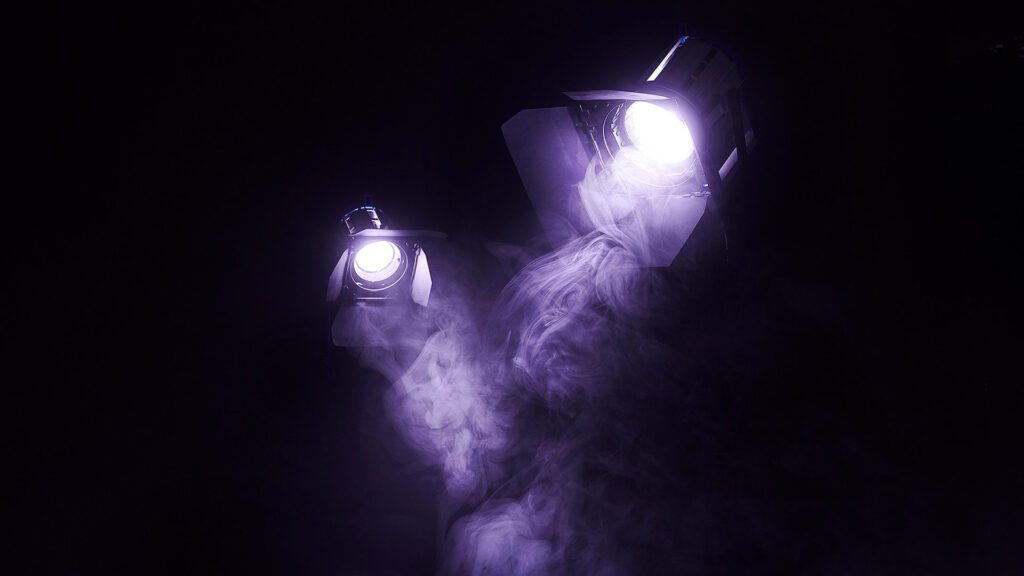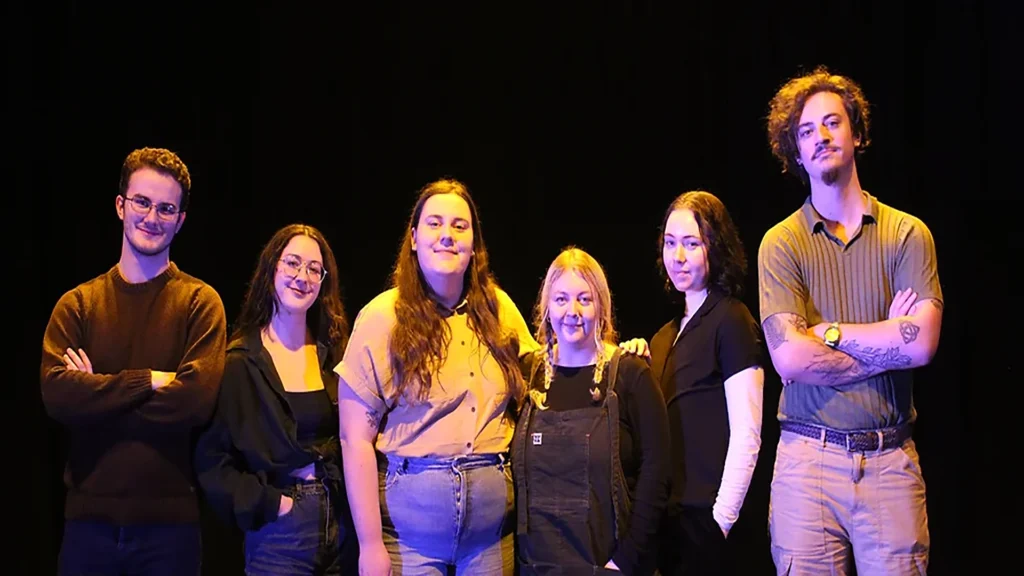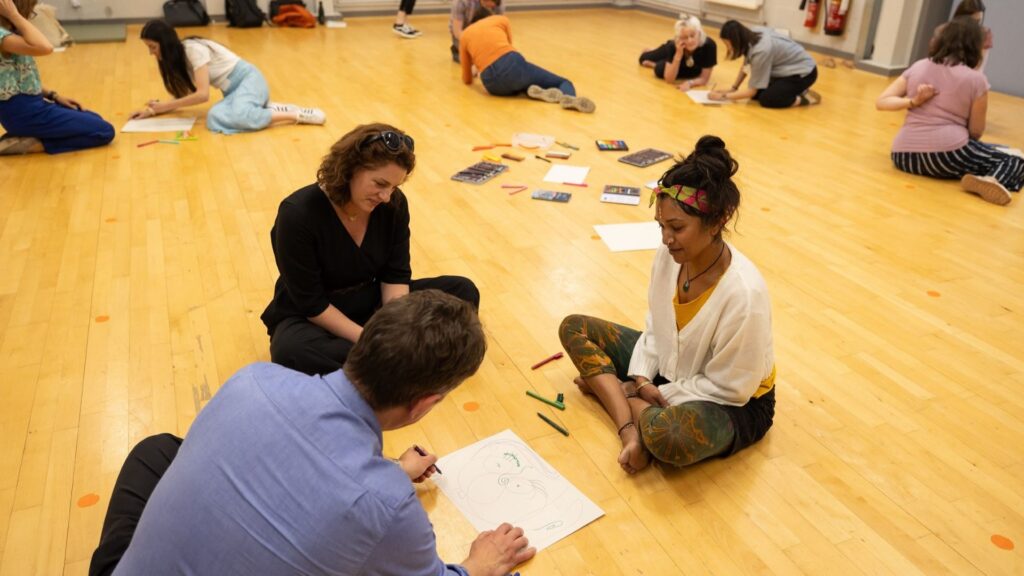We become so familiar with the places we live and work in that we stop noticing their landmarks, never mind what they signify. Often, we’re so busy that we take little time to wonder about the lives of the people who once walked down the same streets.
Professor Helen Newall is an expert in making objects into subjects. She helps us build an emotional connection to places and things so familiar to us but that we know so little about. Through plays, performances and installations, she brings alive forgotten histories, creating moving, memorable experiences – ones that spark conversations, strengthen community and instil pride.
The 2014 commemorations to mark the centenary of the start of World War 1 were an opportunity to explore and re-live local history. Professor Newall wanted people to connect personally and emotionally with a subject of intense and extensive national focus.
Professor Newall began a number of Cheshire-based practice-research projects as part of her work with Matt Baker MBE and Theatre in the Quarter. These soon inspired a demand for locally-relevant, immersive experiences across the North West, nationally and even internationally.
The projects – made possible through Arts Council England and the National Lottery Heritage Fund – were award-winning and critically acclaimed. Most importantly for Professor Newall, however, they achieved their goal of connecting people with their communities and each other.
Edge Hill University has given me freedom to go beyond the facts and figures of history and explore emotional knowledge and intelligence. The practice-research I have been so fortunate to pursue has moved and inspired people. It has encouraged them to explore the experiences of loved ones or family members they may never have even met. It is this that keeps history living.
Helen Newall, Professor of Theatre Praxis, Edge Hill University
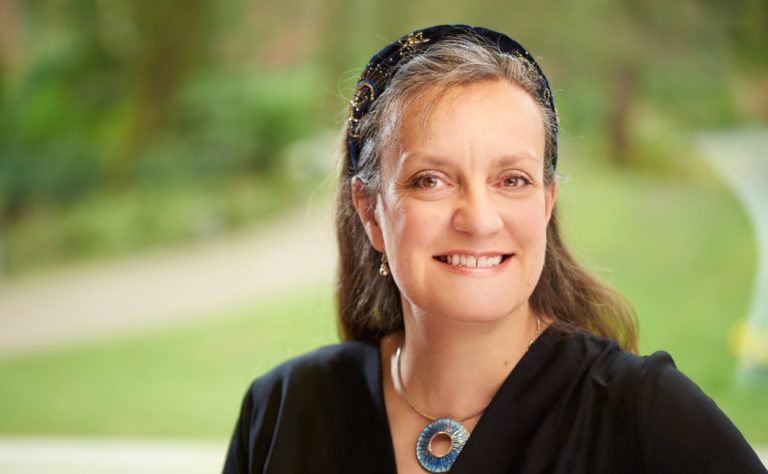
A seed is sown
In 2014 Professor Newall was commissioned to re-stage her 2008 play Silent Night about the 1914 Christmas truce in the trenches. While looking for landscapes to provide digital backdrops for the performances, she found many photographs of unnamed, uniformed men. They were often in picturesque settings of stately homes and luscious gardens – a stark contrast to where they were heading. These images sparked her desire to give life to people now forgotten.
A tragic connection also inspired Professor Newall’s work. Her great-uncle was one of the many ‘missing in action’. Her father’s battle with Alzheimer’s was also influential, his memories of his past clearer than his understanding of the present.
The seed was sown. Between 2014 and 2018, Professor Newall was involved in 10 ‘remembering and commemorating’ projects – most focused on the First World War. They built new connections between audiences and familiar local places, artefacts and heritages.
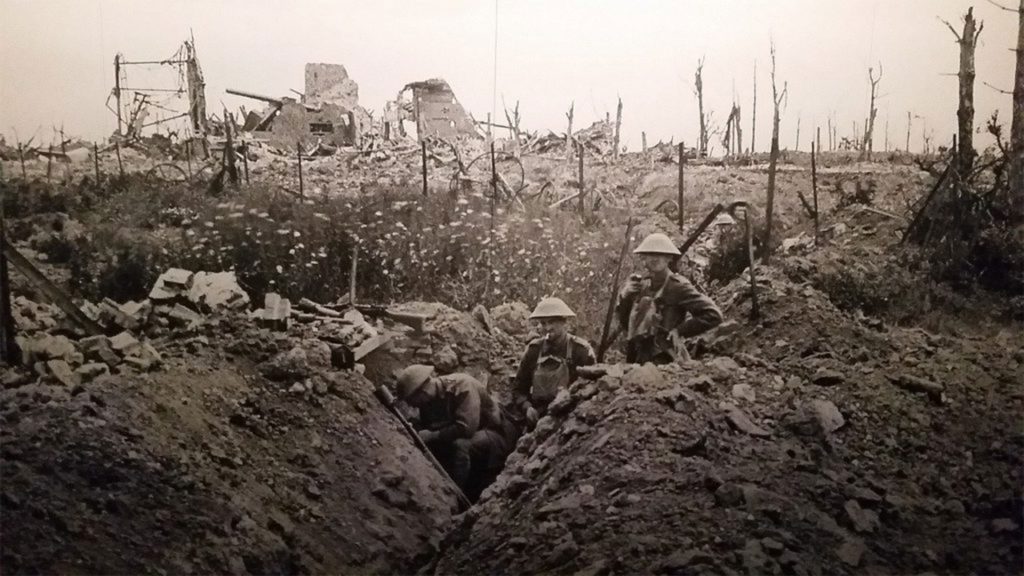
Cultural connections
From one-on-one experiences to community theatre, Professor Newall’s practice-research has been broad in scope and impact. Projects included:
Over By Christmas
The role of war-time rail networks was brought to the fore, with actors attracting audiences of more than 20,000 at railway stations across Cheshire, the North West and at London’s St Pancras. Logistically complex, performances took place on platforms between arrivals and departures. The actors would then board, alighting at the next chosen station to perform once again. Among its accolades were the WW1 Commemoration Special Award and Marketing Cheshire’s Tourism Experience/Event of the Year.
Over six months later people still remember last September – whether as an audience member, in a support role or performer – and are still talking positively and enthusiastically about seeing Over By Christmas and being part of it…. The scale of the project was simply breath-taking…
Adjudication statement for the ACoRP award won by Over by Christmas (2015)
Remember Me
A one-to-one immersive installation hosted in a suitcase and exhibited across the North West, including at Storyhouse, Chester and Halton Mill, Lancaster. Taking Professor Newall six months to create, it featured animated photographs of unnamed World War 1 soldiers.
Viewers commonly described the work as ‘beautiful’ and ‘haunting’. One entry in the guestbook stated ‘…it made me care for these men, feel for their families and mourn their death’. Others said they wept or were overwhelmed by the experience.
Lost Morecambe
The dilapidated Winter Gardens were brought back to life through an immersive installation commissioned for the Morecambe Variety Festival.
More than 200 people, just four at a time, saw a miniature depiction of their Edwardian heyday projected in the derelict backstage area of the theatre.
Best days of our lives
A play performed by local amateur performers through Theatre in the Quarter, celebrating memories of Blacon – a large council estate outside Chester.
Localised plays and digital scenographies, such as Preston Remembers and Salonica – which toured the UK, Balkans and New Zealand – were commissioned off the back of the success of the original projects. The aim was consistent – to get audiences to connect emotionally with history, its people and places.
Community pride
For Professor Newall, these projects were not just for people seeking out new cultural experiences but also for those with little experience of the arts world. The focus was on making place culture and history accessible both in content and person. There were performances in rural areas and for those with special needs such as hearing impairments.
It was also about telling local stories through local people. Over Before Christmas involved over 350 community participants and more than 1200 children from schools across Cheshire. Other projects involved youth theatre and intergenerational community choirs – building friendships, boosting confidence and encouraging people to delve into family and local history.
The pandemic has hit arts funding and the ability for local people to perform together, but Professor Newall is hopeful the momentum to explore and re-live local, shared history can quickly build once again. She is confident in the impactful memories and achievements of the last few years.
Professor Newall is now focused on Edge Hill University’s archive, looking at how she can bring its World War 1 photographs to life. It’s part of a wider vision to make the archive a ‘living place’ – one where people choose to spend time and learn, rather than just visiting on a ‘needs must’ basis.
Our research means that
- People have greater knowledge and understanding of where they live – supporting community cohesion and pride.
- Community performers have a focus and common goal to grow their confidence, develop skills and build friendships.
- People enjoy enriching and thought-provoking experiences – experiences that themselves are remembered and recounted over time.
Find out more about Professor Helen Newall’s research by viewing their profile on Pure:
Professor Helen Newall's researchMarch 7, 2022
